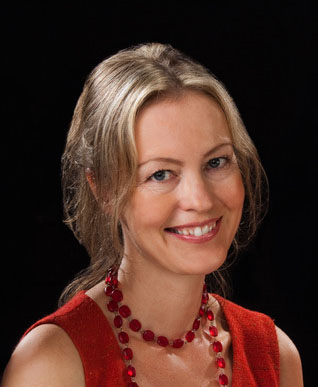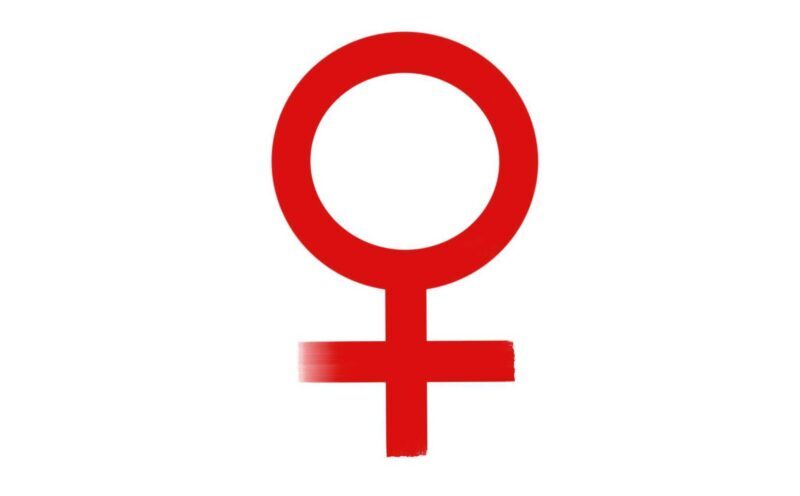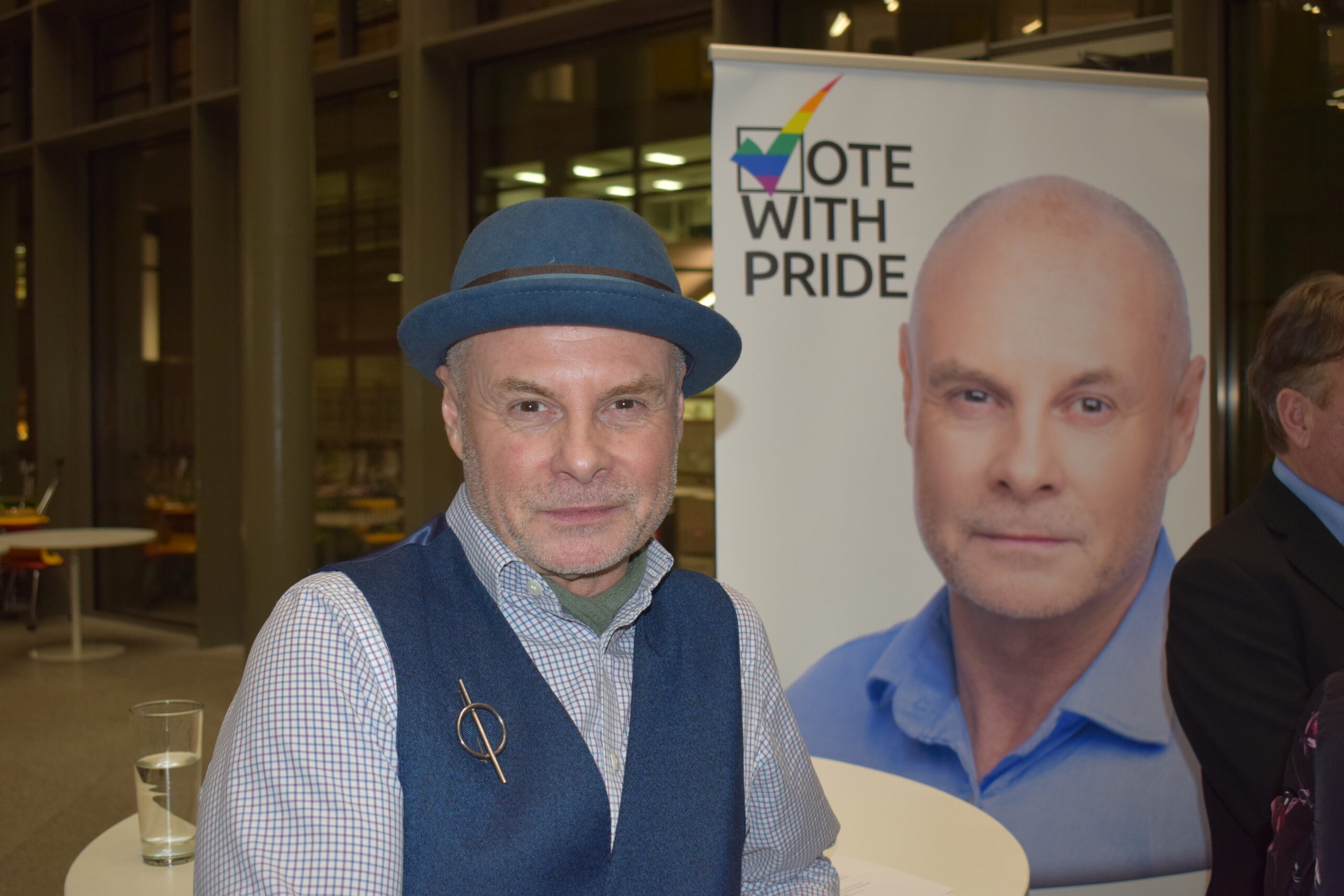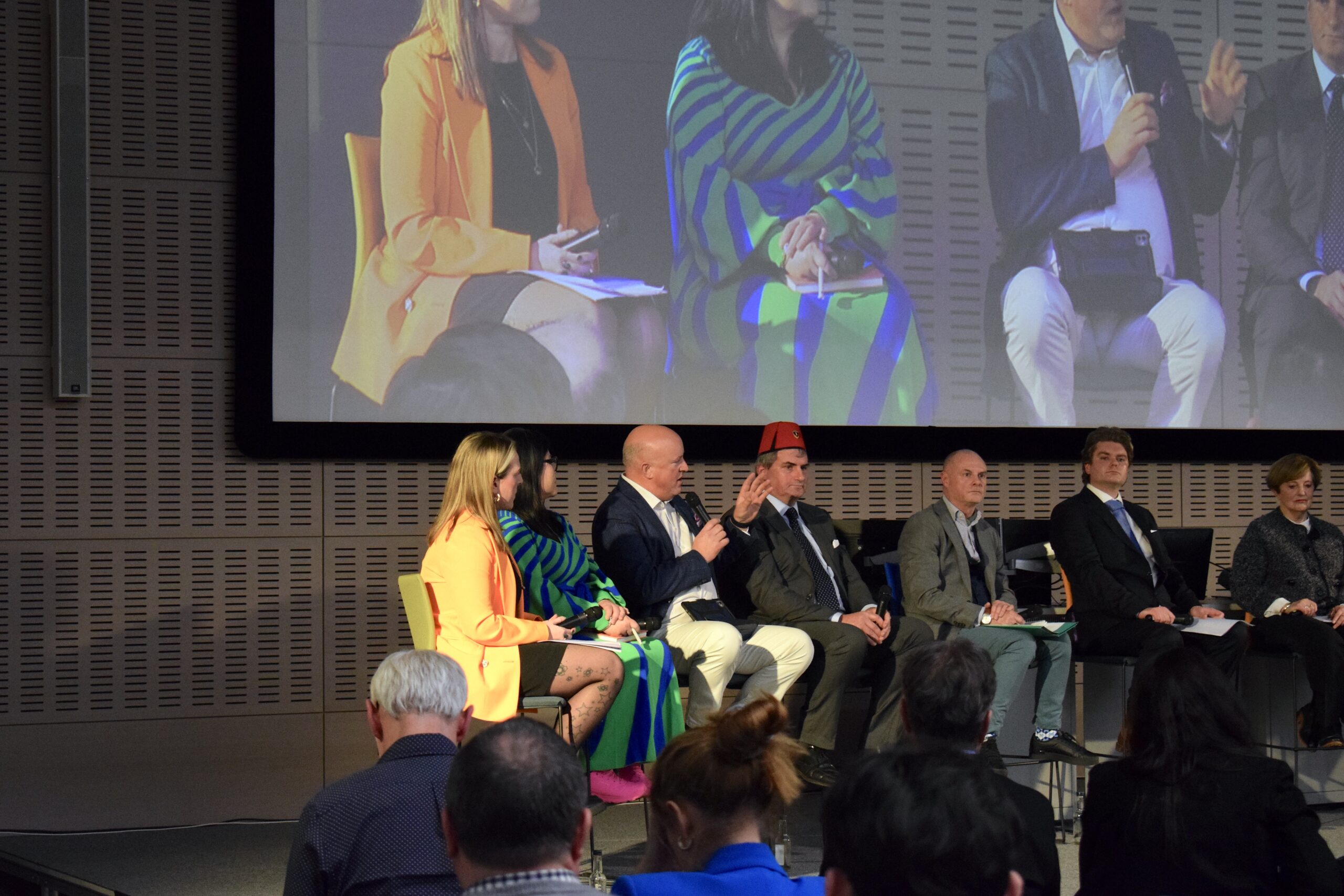It took a long 312 years since Trinity’s founding for women to be eligible to receive a degree from the College. Now, in 2021, it seems that the 429-year-long wait for Trinity’s first female provost may soon be over too.
Academic institutions across this island have long been a cold house for many minorities, but with three women confirming their intention to run for provost, there is a possibility this year the glass ceiling will be shattered for one of the most important roles in third-level education in the country.
It was only in 2020 that a woman was appointed the top role in a university in this country, with Prof Kirstin Mey announced as interim President of the University of Limerick. In December of the same year, it was declared that Prof Maggie Cusack would take over as President of Munster Technological University when it opened last month.
Speaking to The University Times, Cusack details how, throughout her career, she has seen a number of positive developments in the representation of women in senior leadership positions. However, she points out that this representation has “shifted at different rates in different roles”.

Jane Ohlmeyer, Linda Doyle and Linda Hogan have all confirmed that they will be contesting the provost elections
Having spent the majority of her academic career in the United Kingdom, Cusack details how research carried out in 2015 showed that only 15 per cent of UK universities were led by women. When looking at racial disparities in academia, the picture gets even worse, with only 17 black women with the role of professor out of 18,500. It is clear that the issue of representation has long been a problem within the field of academia.
Speaking passionately about the subject, Cusack indicates that each of us have a role to play in solving issues of representation. “We all have a responsibility to challenge ourselves and to challenge each other around issues of diversity and inclusion.”
Representation of women in senior positions is a systemic issue, but at universities across the country it isn’t just confined to academic staff, as Urusla Barry, the director of Gender Studies at University College Dublin recalls: “Women make up 69 per cent of the administration staff at the college but 80 per cent of the senior administrative positions are held by men.”
Barry also goes on to describe how the casualisation of work and introduction of various part-time contracts has had a disproportionately negative impact upon women, who are more likely to end up in these roles.
The proportion of female professors in Trinity rose from 12 per cent in 2012 to 31 per cent by 2019
Prof Pat O’Connor is Professor Emeritus of Sociology and Social Policy in the University of Limerick, with research interests revolving around gender equality in higher education. When speaking on the topic of recent advancements in female representation, she points out that “the pace of change in Trinity has been faster than any other university”. She details how the proportion of female professors in Trinity rose from 12 per cent in 2012 to 31 per cent by 2019. It is clear from such a vast improvement in female representation among professors that rapid progress can be made.
When asked what strategies Trinity used in order to make such swift progress, Dr Clodagh Brook, College’s Associate Vice Provost for Equality, Diversity and Inclusion, speaks to the complexity of the issue of female representation among senior management positions. “I think there’s a lot of reasons for it. I suppose there’s quite a lot of things that we’ve done.”
Indeed the list of strategies the College has implemented in recent years is lengthy, ranging from revisions of the senior academic promotions policy to unconscious bias training for those on the senior promotions committee. However, Brook says that the single-biggest impact was provided through the implementation of the Athena Swan program.
Describing the profound effect the program has had, Brook says: “It’s just been slowly supporting women in their careers at school level. Since it first started out in 2015, it has made a massive difference to women believing that they can move forward and that they’ll be supported.”

Clodagh Brook, Trinity’s first Vice Provost for Equality, Diversity and Inclusion
Yet all this progress and representation lacks real impact if there isn’t a cultural shift. “Getting women into top positions is good … but it’s not enough because if they are going to perpetuate a masculinist culture then people will say ‘well we’ve got a woman at the top’”, O’Connor says.
With all this in mind, one may ask what has been holding women back from applying for the top positions at universities across the country.
O’Connor details that the “key problem is at the institutional level”. Indeed it is within the universities themselves where a multitude of hurdles that hinder women from advancing to more senior positions can be found. These include the very practices and structures that exist within academia, as well as the criteria for promotion and micropolitics.
Like O’Connor, Cusack points to the wide array of barriers women face in academia that not only prevents them from accessing senior positions, but also dissuades them from pursuing a career in academia altogether. “There’s not any one issue or one thing that can be brought to bear to fix it, we have to acknowledge the complexity.”
It is within the universities themselves where a multitude of hurdles that hinder women from advancing to more senior positions can be found
Recounting a ruling by the Equality Tribunal in 2014, O’Connor describes how NUI Galway asked academics applying for promotion to tick a box to declare that the applicant had “caring responsibilities”. Ticking this box was, she believes, “the kiss of death” for academics. It was ruled that Micheline Sheehy Skeffington had been discriminated against by NUI Galway in the promotion competition in 2008 and the university was forced to pay her a recompensation of €70,000. Sheehy Skeffington then donated this money to the five other women who had been shortlisted but not promoted in that competition, so that they could all take their case against NUIG. Subsequently, all five women were awarded settlements by the College.
O’Connor uses the infamous example of discrimination against female academics to show how dire the picture is. “Simply counting a sheet ‘taking into account women’s caring responsibilities’ will do absolutely no good if the culture hasn’t changed.”
While discussing how Trinity can remove the barriers that remain for female academics, Brook details that while change is “a tentacular process”, she envisions it taking place “on all levels from school right up to senior management”. Brook goes on to touch on a unique feature of the College: “All of the senior management is gender balanced. The Council, the Board, the Executive Officers Group are all gender balanced.”
Brook admits that “Trinity will struggle to get there”. However, she remains optimistic as she goes on to say: “It’s really about keeping doing the things that we’re doing. And then putting further things in place”
Indeed this is an impressive achievement for a university. Yet Trinity still has a way to go in the quest for gender parity among professors. The 2016 Higher Education Authority review of Gender Equality stated that universities should seek to achieve a 40 per cent of female professors by 2024. Brook admits that “Trinity will struggle to get there”. However, she remains optimistic as she goes on to say: “It’s really about keeping doing the things that we’re doing. And then putting further things in place”.
Brook’s hopeful nature reappears again when I speak about the three women confirmed as candidates in the upcoming provost election. “A woman deciding that they want to put themselves forward as provost suggests a certain confidence in the position of women in the institution.”
While there is certainly a sense of confidence in the fact that three women have put themselves forward for the role of provost, it also speaks to the experience many female staff members now have at Trinity. Brook highlights this, saying, “[in Trinity] women have also got senior management experience because of course, you can’t just jump into the role of Provost without senior management experience”.







